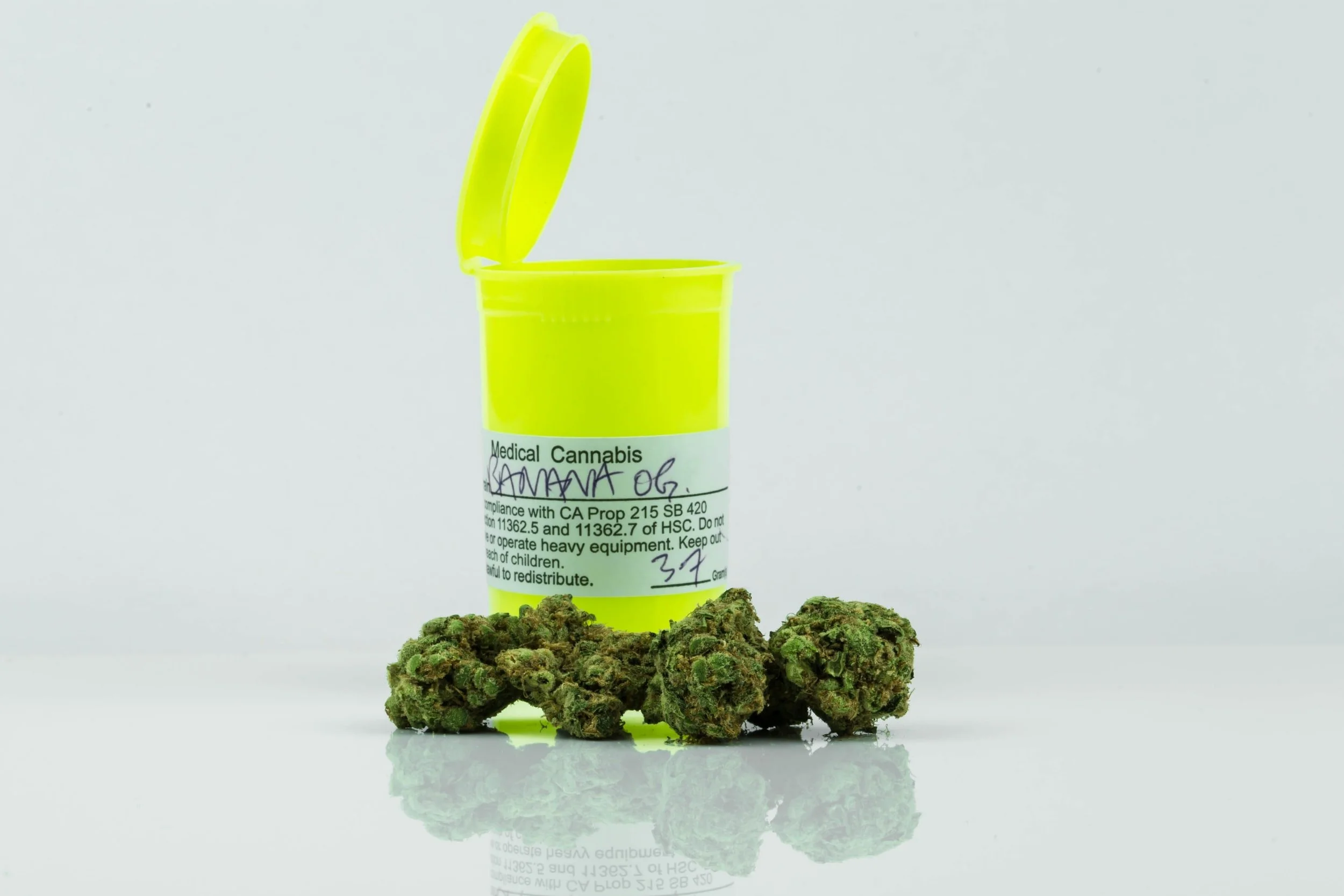As retailers continue to enter the Delta-8 THC market in Nebraska, much uncertainty remains regarding how long the unrestricted sale of Delta-8 THC products will continue in this state. Since we published our last article on Delta-8 THC in October 2021, several additional states have taken steps to ban or regulate Delta-8 THC products. This includes South Dakota, which recently passed a bill making it illegal for persons under 21 to buy Delta-8 THC products.
As we have previously discussed, Delta-8 THC provides a similar, but milder euphoric effect compared to the more common Delta-9 THC (which is abundant in commercially produced medical and recreational cannabis). However, Delta-8 THC does not occur naturally in high concentrations in cannabis plants and must be extracted from CBD oil using a chemical synthetization process. Delta-8 THC became legal in Nebraska through a loophole in the Nebraska Hemp Farming Act, which made hemp products legal in Nebraska as long as they had a Delta-9 THC concentration of not more than 0.3 % on a dry weight basis.
Since we published our last article on Delta-8 THC, we are not aware of any potential legislation that would impact Delta-8 THC sales in Nebraska nor has the Nebraska Attorney General issued any statement or opinion regarding its legality (as he was requested to do by Governor Ricketts). However, there has been other activity that does not bode well for Nebraska Delta-8 THC retailers. For example:
CBD Oracle, a website that reviews hemp-derived products including CBD as well as Delta-8 THC products, sent 51 different Delta-8 THC products to FESA Labs, a licensed testing company in Santa Ana, California, to see if potency levels and other metrics printed on the products’ labels were accurate. The results of these tests determined that (i) 76% of tested products contained Delta-9 THC at greater than the 0.3% limit set by the 2018 Farm Bill, making them federally illegal (and illegal in Nebraska) and (ii) 77% of products tested had less Delta-8 THC than advertised, on average containing 15% less than the advertised amount. The inaccurate labeling and the inconsistent (and illegal) THC levels contained in Delta-8 products have been a reason many opponents have used to push for restrictions on their sale.
The Food and Drug Administration has issued safety warnings regarding Delta-8 THC products based on the unregulated nature of the production process. Some manufacturers may use potentially unsafe household chemicals to make Delta-8 THC through the chemical synthesis process needed to extract it. Final Delta-8 THC product may therefore have potentially harmful by-products and contaminants due to the chemicals used in the process, and there is uncertainty with respect to other potential contaminants that may be present or produced depending on the composition of the starting raw material. In addition, manufacturing of Delta-8 THC products may occur in uncontrolled or unsanitary settings, which may lead to the presence of unsafe contaminants or other potentially harmful substances.
The Attorney General for the State of Kansas issued an opinion in December 2021 which stated that Delta-8 THC is illegal under Kansas law. While such opinion does not constitute binding law in Kansas, it has led to raids on certain Kansas Delta-8 retailers and County Attorneys pursuing charges against such retailers.
For now, Nebraska retailers appear safe, but that could change at any time. Retailers are urged to move cautiously and limit any large-scale investments in a Delta-8 THC business until the future landscape becomes clearer. If you have any questions about Delta-8 THC or other cannabis issues, attorneys at Erickson | Sederstrom can assist you. Attorneys Shay Garvin or Andrew Collins can be reached (402) 397-2200.

